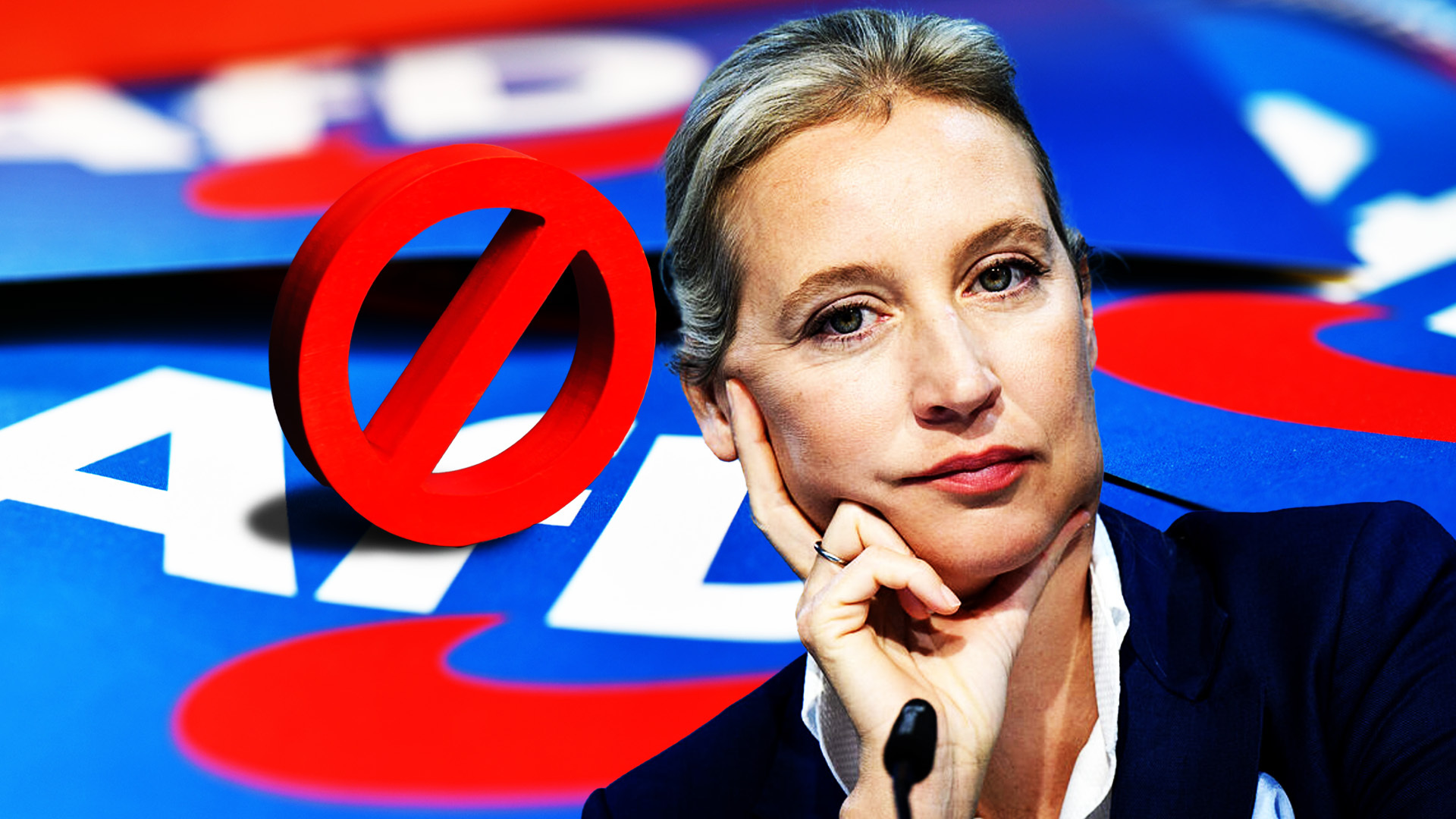Germany is heading closer to outright fascism as the establishment parties move to completely ban the rival Alternative for Germany party (AfD), currently the second-strongest party in the country, according to polling. Now, 10 MPs from four parties, each, totaling 40 MPs from the Christian Democrats (CDU), the Left Party, the Greens, and the Social Democrats (SPD) will put forward a motion to ban the party because it is a “threat to democracy.”
The motion was drawn up by Saxon CDU MP Marco Wanderwitz, who personally lost his local election to an AfD politician but is only in parliament because he was also included on the CDU’s election list. As Remix News has reported, he has been working for at least a year to gather enough support from members of parliament to pass a ban on the AfD.
Although Wanderwitz has struggled to get the required 37 signatures to put forward the motion, now that many of the ruling establishment parties have lost by huge margins in the eastern state of Thuringia, Brandenburg, and Saxony, his work has been easier.
Not all parties have yet joined in, including the left-wing BSW and the Free Democrats (FDP). However, there are already politicians in the BSW who have come out and said they want a ban, including Brandenburg top candidate Robert Crumbach, who called for their banning during his campaign.
The question now is whether there is a majority of MPs who are willing to ban the party in the parliament. The ban motion indicates that the AfD wants to abolish the free democratic order with an “actively combative and aggressive attitude.” It is unclear if there is a majority of MPs who would pass the motion, but there are those who disagree with the motion.
FDP MP Katja Adler slammed the motion on X, writing: “One could get the impression that the supporters of the ban are more afraid of democracy than for democracy.”
Even within the SPD, there are politicians who doubt whether a ban is the right method, not necessarily because they believe in democracy, but because there are fears the Federal Constitutional Court could rule the banning is unconstitutional, which would only help fuel the AfD’s rise.
SPD General Secretary Kühnert, for example, said that he wants the party banned as well but does not think there is yet enough evidence to secure a ban.
Sahra Wagenknecht also expressed criticism of the ban, telling “T-Online” that instead of taking the legitimate concerns of AfD voters seriously, they wanted to get rid of the unwelcome competitor by banning it. Wagenknecht, however, may also be positioning her party to pick up AfD voters should a ban go through.
The CSU regional group in the Bundestag also rejected a motion to ban the AfD. Regional group leader Alexander Dobrindt told the “Augsburger Allgemeine” that he thought the motion was wrong and counterproductive.
Various AfD politicians have already responded to the ban proposal.
“I think that’s great. A ban motion against the AfD, supported by the CDU and SPD. We will request a roll call vote. That delegitimizes every single applicant and every yes-sayer and every abstention vote as anti-democrats. Not even Minister of the Interior Fraeser, who has had us monitored by her Federal Office for the Protection of the Constitution for years, has enough evidence together after many years to classify us as extremist,” wrote AfD MP Beatrix von Storch.
There are also worries from the establishment that a ban procedure would last years, during which time, the ban procedure itself would only strengthen the AfD.
Far-left radical Anton Hofreiter, of the Green Party, said in an interview that if he thought an AfD ban procedure would be over quickly, he would support it, but since it would likely last years, he thinks it is risky at this point in time.
Those opposed to the AfD already have a plan B if their efforts to ban the party fail, which would be to cut state funding to the party, which would effectively mean the end of the party, as it would no longer be able to fund its activities or pay employees.
Germany is now the only Western country that is seriously attempting to enact a ban on a major opposition party. Although such actions are routine in non-democratic nations, it would mark a dark day in German history and point to the rise of fascism and a party oligarchy in the country once again.
Notably, with stabbings and terror attacks brought on by the immigration policies of all the major parties, the AfD continues to soar in popularity. Just last week, a Syrian migrant committed arson, attacked people with a machete, and ran over people with his van in a mass attack in Essen that saw the man injure 31 people, including small children. It follows a string of Jihadi attacks in Solingen, Mannheim, and Munich in recent months.
The AfD, which is calling for the strictest immigration controls of all the major parties, is also tremendously popular with the young. Increasingly, the major parties cannot win on the issues, so they are turning to outright bans against their democratic opposition.






